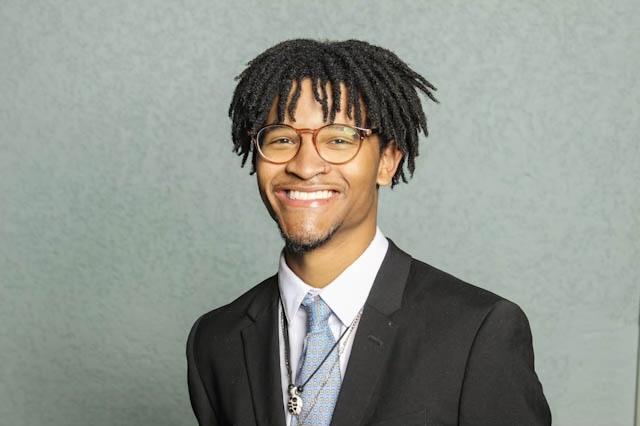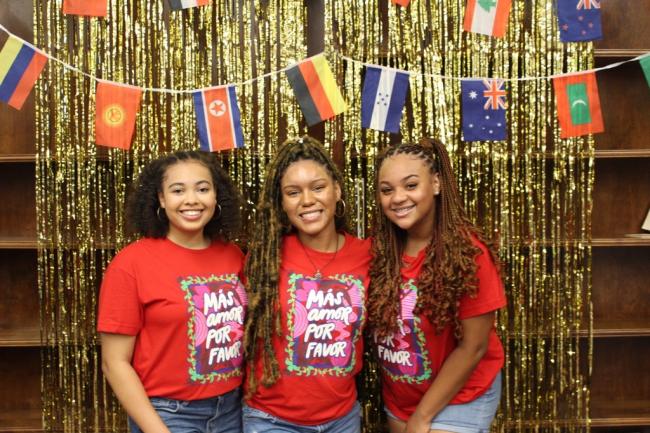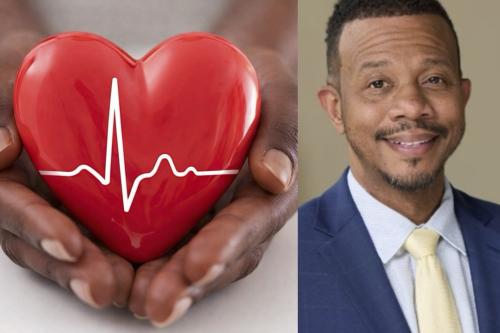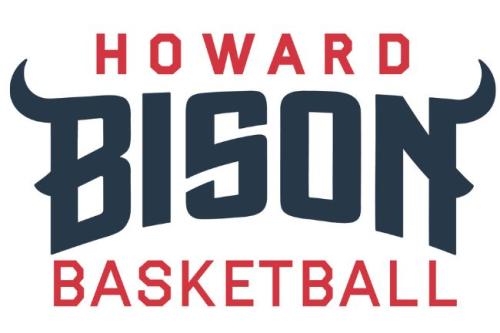To honor the contributions, legacy, and diversity of Hispanic and Latine communities, the Howard University community reflected on the importance of celebrating Hispanic Heritage Month at an HBCU and uplifting the Afro-Latine identity.
“Over the years, thousands of Afro-Latine American students have been trained at Howard University,” says Ben Vinson III, PhD, Howard University president. “Many have gone on to serve in prominent and visible positions in their home countries. We are exceptionally proud of this tradition, which has enriched the power of the African diaspora.”
The Afro-Latine Identity
At the Howard University School of Law’s verdant Van Ness campus, Obrian Rosario rests on the marble benches outside of the Vernon E. Jordan Law Library. The former president of the Howard student group Changó, Rosario wears his Afro-Latine identity proudly.
Rosario recently returned to the Mecca from a summer family trip to the Dominican Republic. There, he was reminded of the intersections of his identities: the African drums in the Dominican dance “baile de palo,” the taste of mangu and fufu.
“It’s pretty clear that the things we enjoy today are passed down from the motherland, from our ancestry, but I think there’s a movement specifically in Latin America to try and erase that Blackness,” Rosario says. “I feel like those connections are pretty clear and evident, but it takes trying to dispel that erasure of Blackness to actually see them.”
Rosario considers the history of African descendants in Latin countries to be complex, especially in the aftermath of the transatlantic slave trade.







